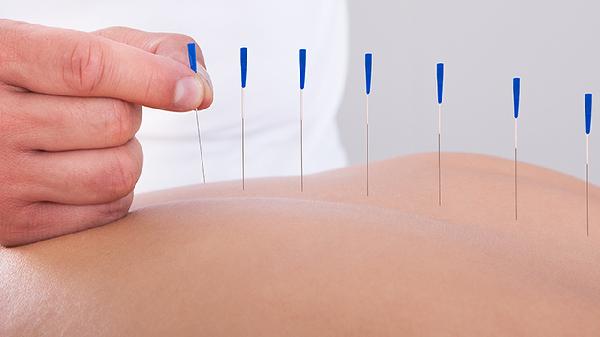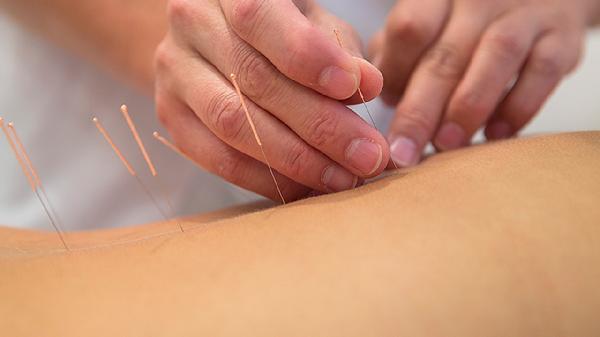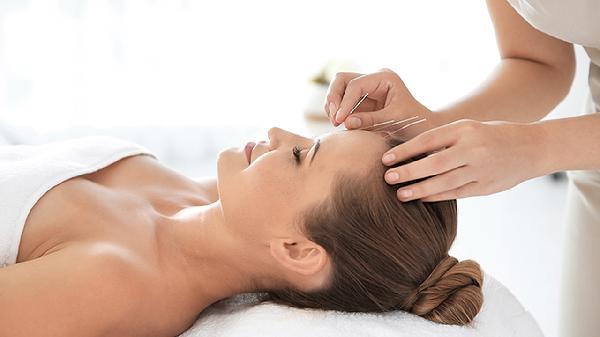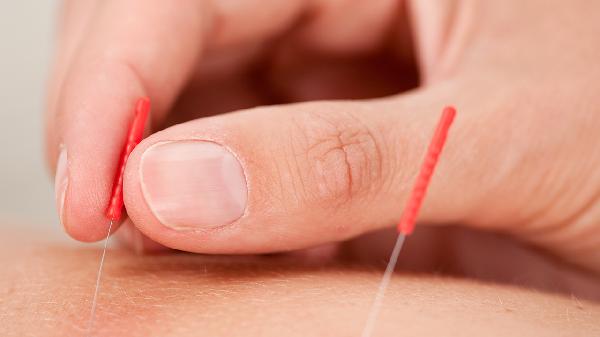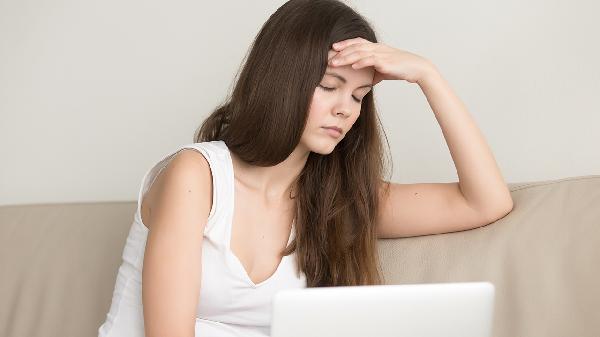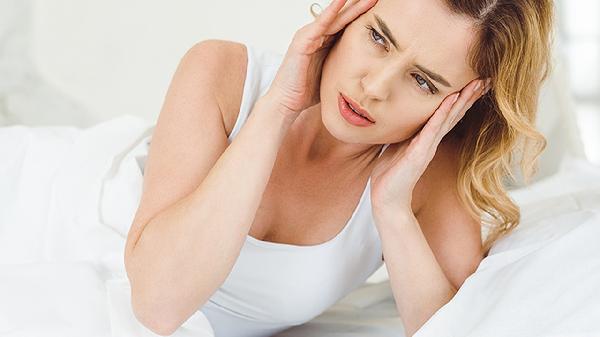Acupuncture can indeed be a helpful approach to managing insomnia by promoting relaxation, balancing the body’s energy, and addressing underlying causes of sleep disturbances. This ancient Chinese practice involves inserting thin needles into specific points on the body to stimulate the nervous system and improve overall well-being. For those struggling with sleeplessness, acupuncture offers a natural, non-invasive option that may complement other treatments.
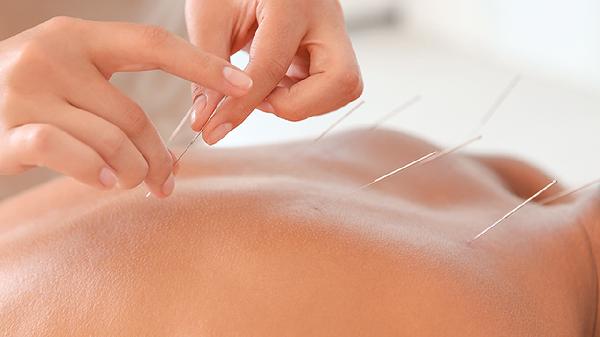
How Acupuncture Works for Insomnia
Acupuncture targets the body’s meridians, or energy pathways, to restore balance and harmony. Insomnia is often linked to imbalances in the body’s energy flow, stress, or disruptions in the nervous system. By stimulating specific acupuncture points, the treatment can help regulate the production of neurotransmitters like serotonin and melatonin, which play a crucial role in sleep regulation. Additionally, acupuncture can reduce stress and anxiety, common contributors to insomnia, by activating the parasympathetic nervous system, which promotes relaxation.
Scientific Evidence Supporting Acupuncture for Insomnia
Research has shown promising results for acupuncture as a treatment for insomnia. Studies suggest that acupuncture can improve sleep quality, reduce the time it takes to fall asleep, and decrease nighttime awakenings. For example, a study published in the Journal of Sleep Research found that participants who received acupuncture experienced significant improvements in sleep duration and quality compared to those who did not. Another study in the Journal of Alternative and Complementary Medicine highlighted acupuncture’s ability to reduce stress hormones, which can interfere with sleep.
Common Acupuncture Points for Insomnia
Acupuncturists often target specific points to address sleep issues. One of the most commonly used points is Shenmen, located on the ear, which is believed to calm the mind and reduce anxiety. Another key point is Anmian, found near the base of the skull, which is known to promote relaxation and improve sleep quality. Additionally, points like Sanyinjiao (located on the inner leg) and Baihui (on the top of the head) are often used to balance energy and support overall sleep health.
What to Expect During an Acupuncture Session
During an acupuncture session for insomnia, a licensed practitioner will first conduct a thorough assessment to understand your sleep patterns, stress levels, and overall health. Based on this evaluation, they will create a personalized treatment plan. The needles used are extremely thin and typically cause minimal discomfort. Many people report feeling deeply relaxed during the session, and some even fall asleep. Sessions usually last between 30 to 60 minutes, and multiple treatments may be needed to achieve lasting results.
Combining Acupuncture with Other Sleep Strategies
While acupuncture can be effective on its own, combining it with other sleep-enhancing strategies can yield even better results. Practicing good sleep hygiene, such as maintaining a consistent sleep schedule, creating a calming bedtime routine, and avoiding screens before bed, can amplify the benefits of acupuncture. Additionally, incorporating relaxation techniques like meditation, deep breathing, or gentle yoga can further support your journey to better sleep.
Potential Side Effects and Considerations
Acupuncture is generally considered safe when performed by a trained and licensed practitioner. However, some people may experience mild side effects such as slight bruising, soreness, or dizziness. It’s important to communicate openly with your acupuncturist about any concerns or medical conditions you have. Pregnant individuals or those with certain health conditions should consult their healthcare provider before starting acupuncture.
How Long Does It Take to See Results?
The timeline for experiencing improvements in sleep can vary depending on the individual and the severity of their insomnia. Some people notice positive changes after just one or two sessions, while others may require several weeks of consistent treatment. Acupuncture is often most effective when used as part of a holistic approach to sleep health, so patience and consistency are key.
The Role of Traditional Chinese Medicine in Treating Insomnia
In Traditional Chinese Medicine (TCM), insomnia is often viewed as a symptom of an underlying imbalance in the body’s energy, or Qi. Acupuncture is one component of TCM that works alongside other practices like herbal medicine, dietary adjustments, and lifestyle changes to address the root cause of sleep disturbances. By taking a holistic approach, TCM aims to restore harmony within the body and promote long-term well-being.
When to Seek Professional Help
If insomnia persists despite trying acupuncture and other self-care strategies, it’s important to consult a healthcare professional. Chronic insomnia can be a sign of an underlying medical or psychological condition, such as depression, anxiety, or sleep apnea. A doctor or sleep specialist can help identify the root cause and recommend appropriate treatments.
Conclusion
Acupuncture offers a natural, holistic approach to managing insomnia by addressing both the symptoms and underlying causes of sleep disturbances. While it may not work for everyone, many people find relief through this ancient practice. By combining acupuncture with good sleep hygiene and stress management techniques, you can create a comprehensive plan to improve your sleep quality and overall well-being. Remember, achieving better sleep is a journey, and seeking support from qualified professionals can make all the difference. Prioritize your sleep health, and take steps toward a more restful and rejuvenating night’s sleep.
